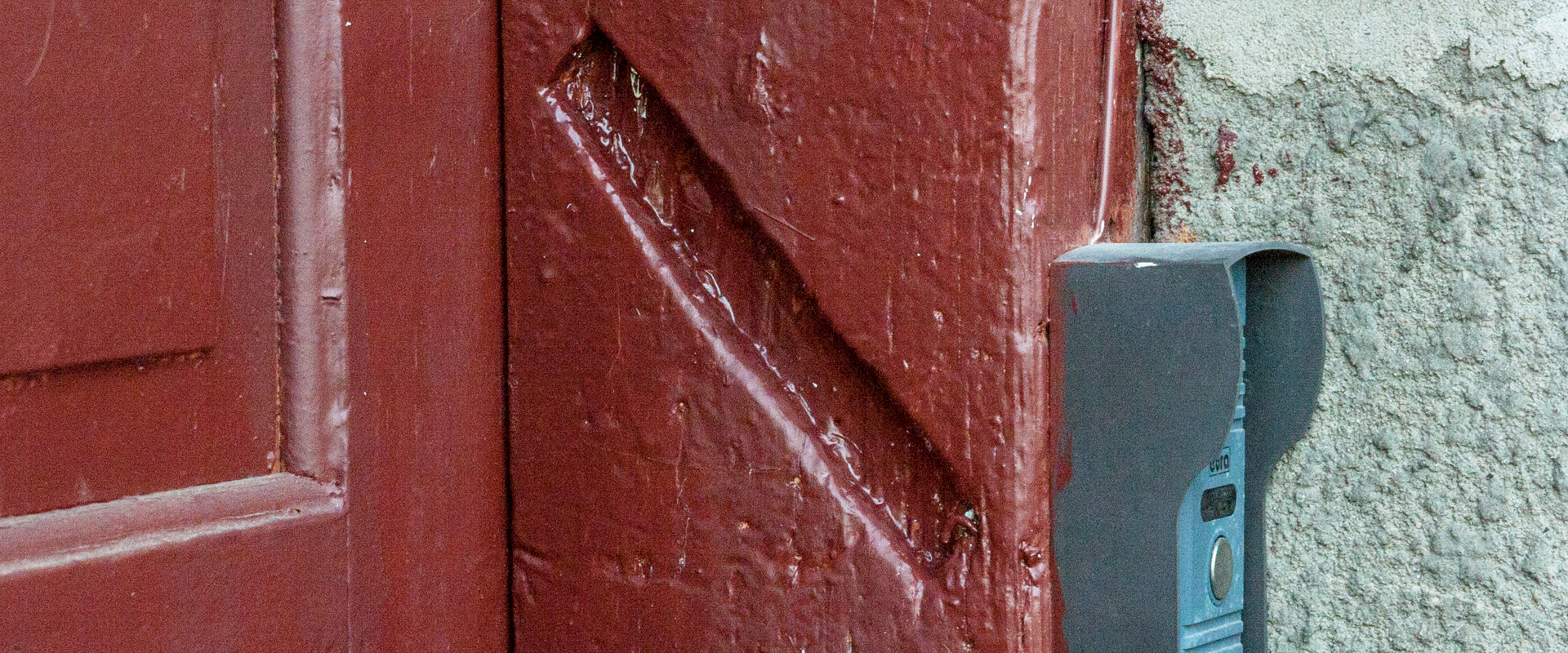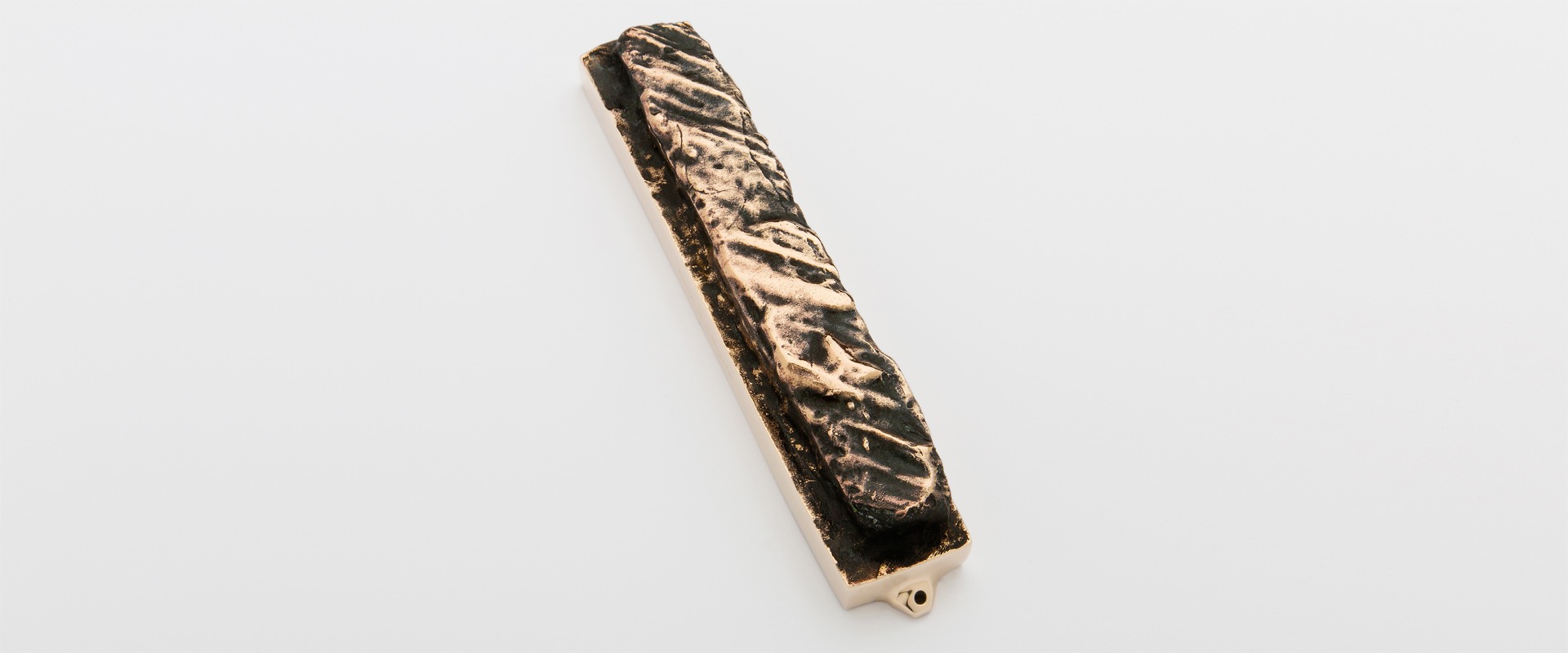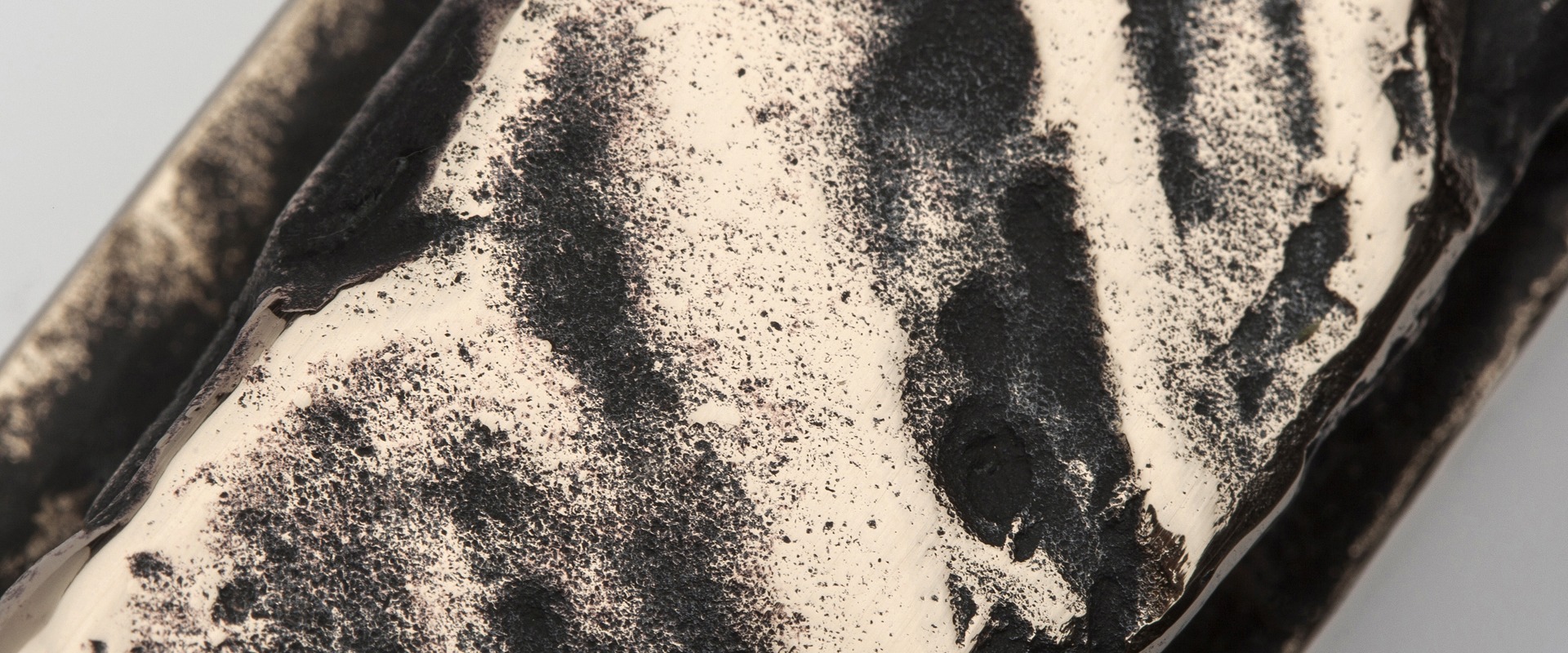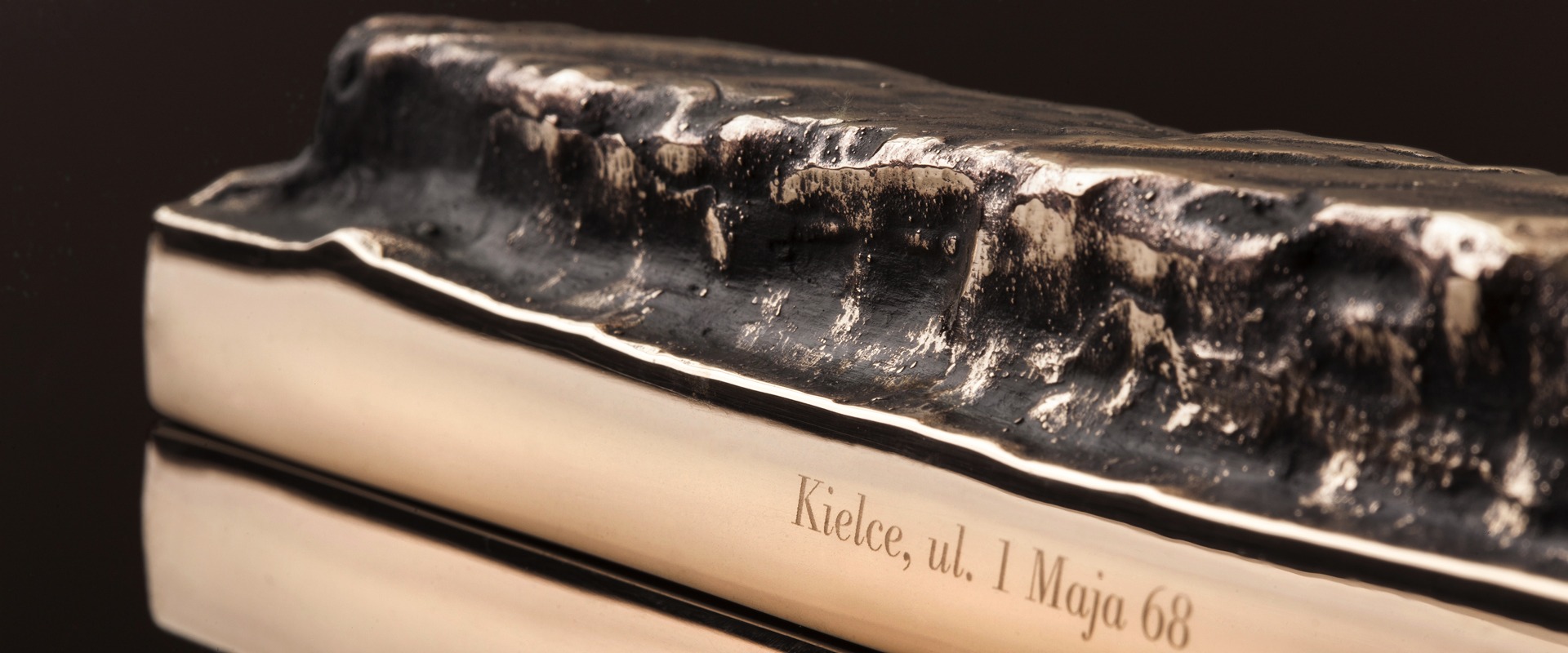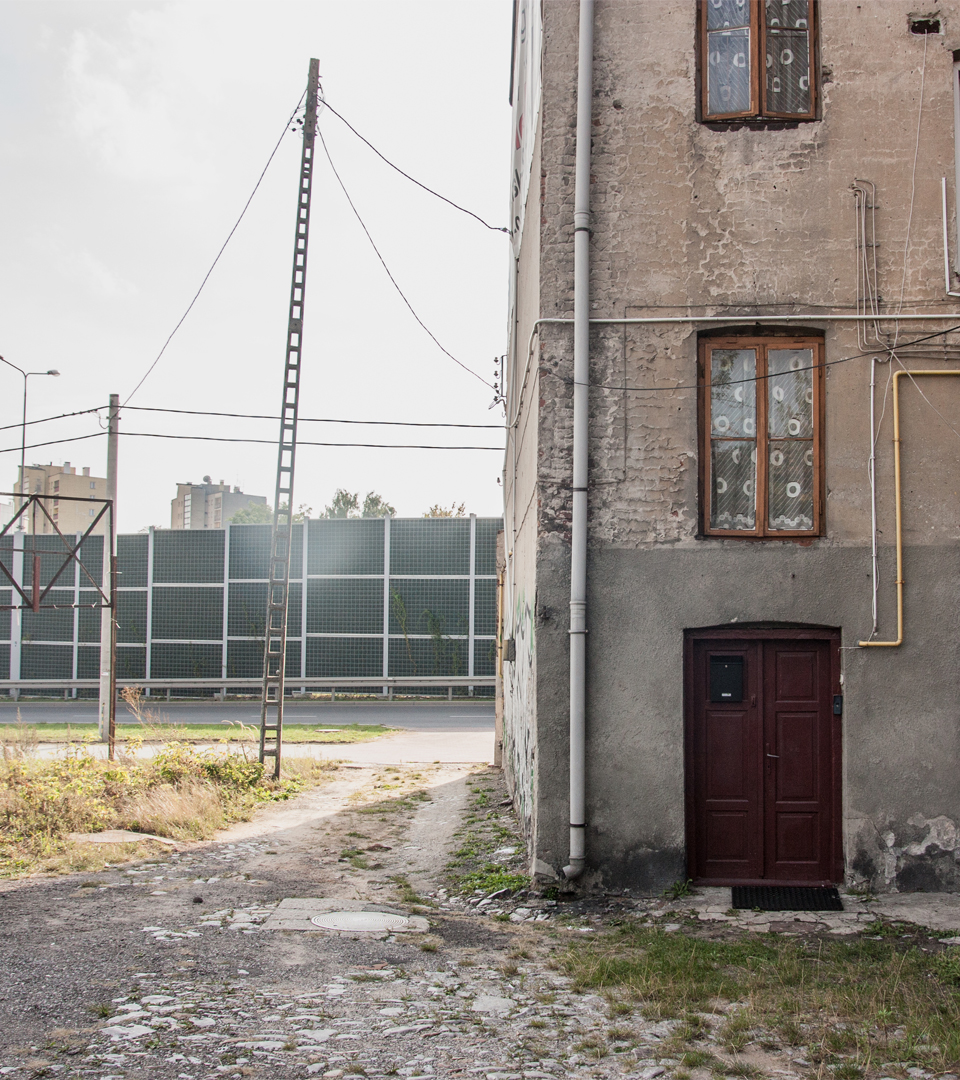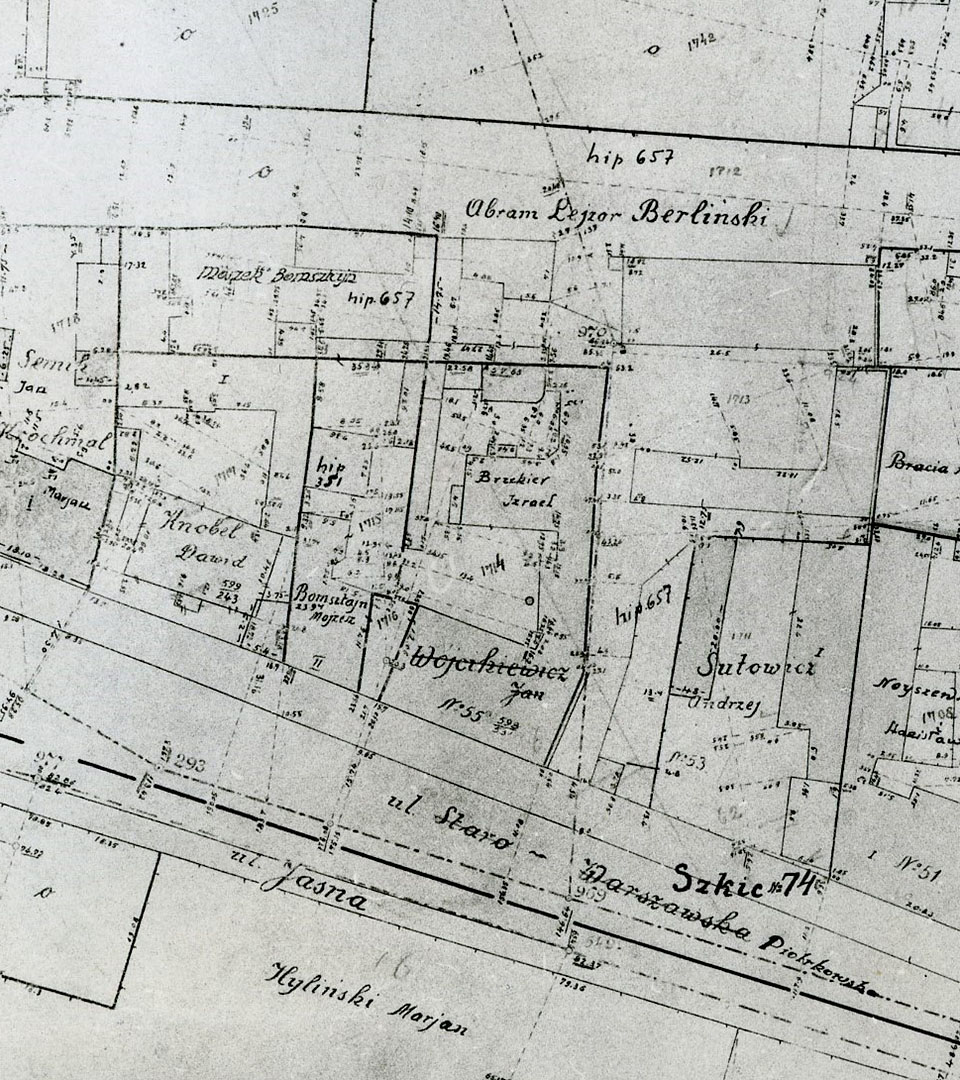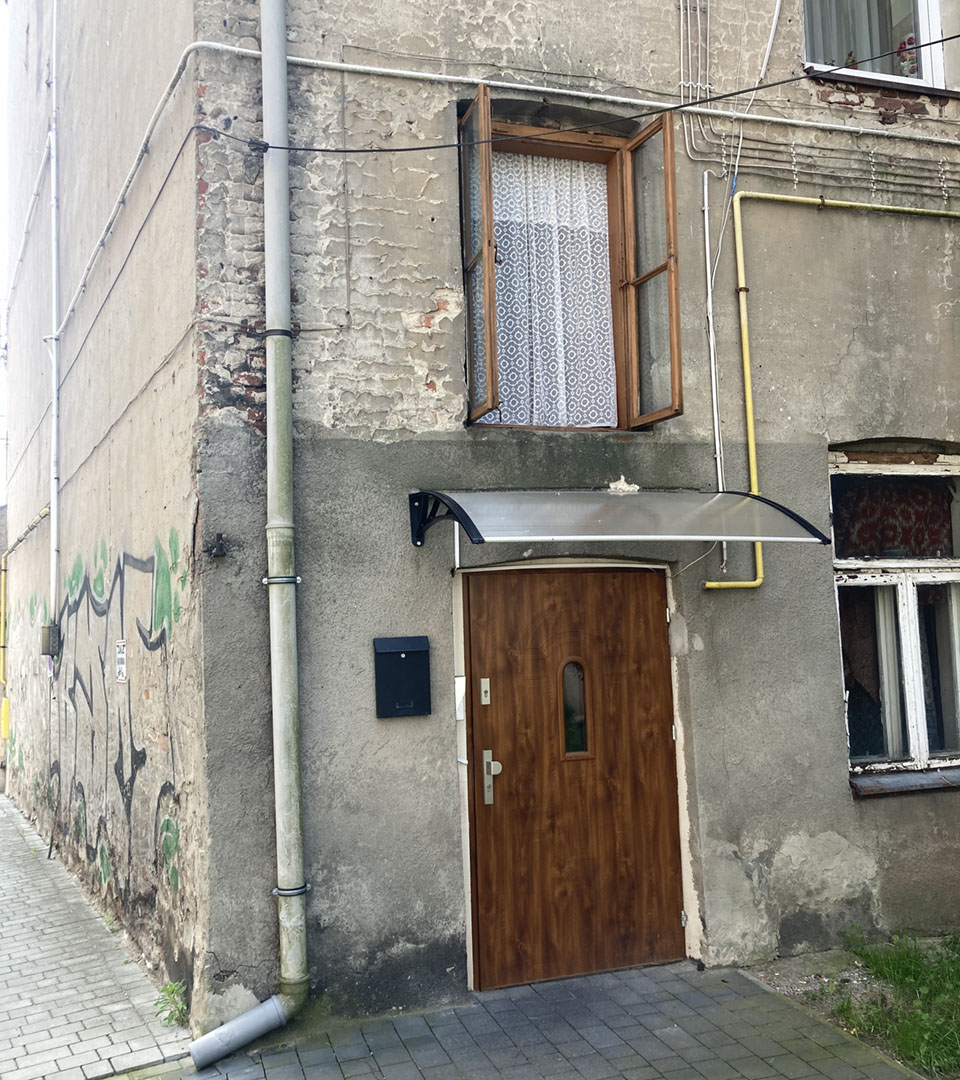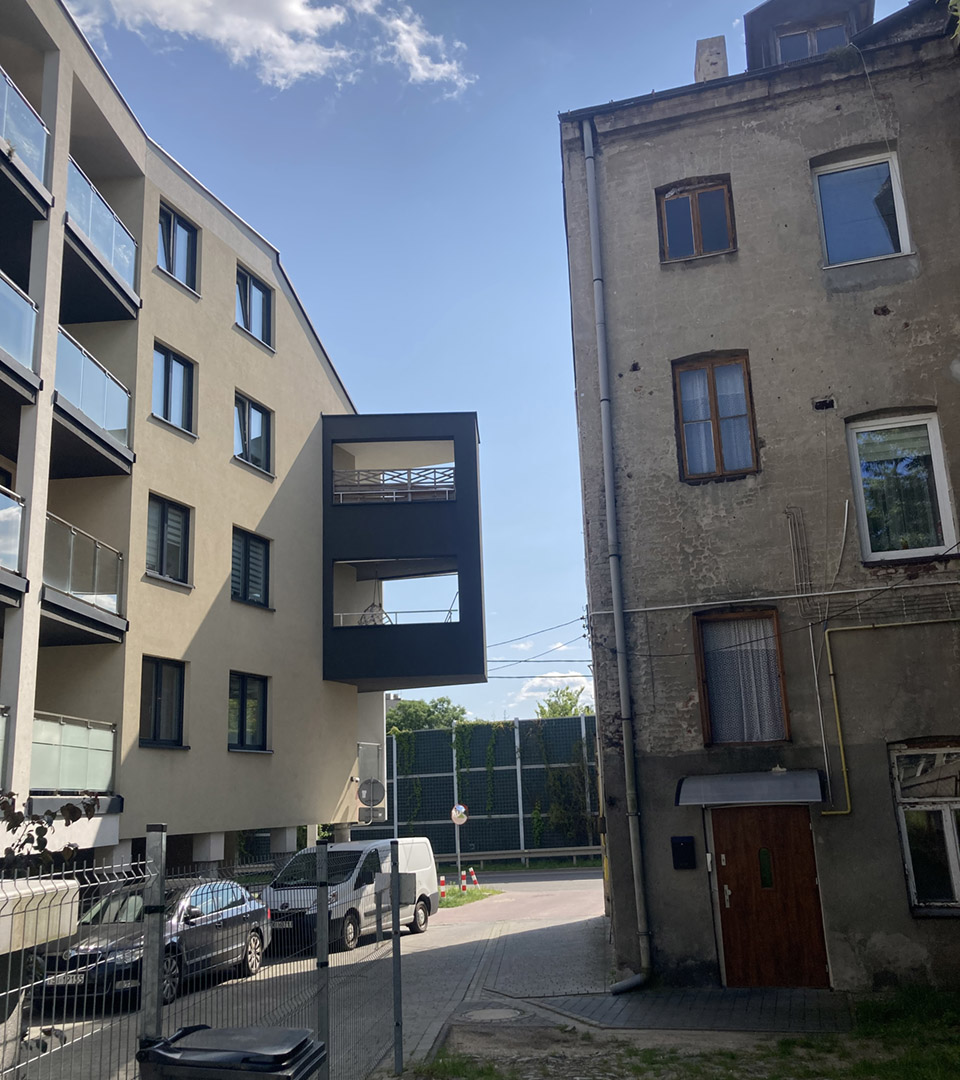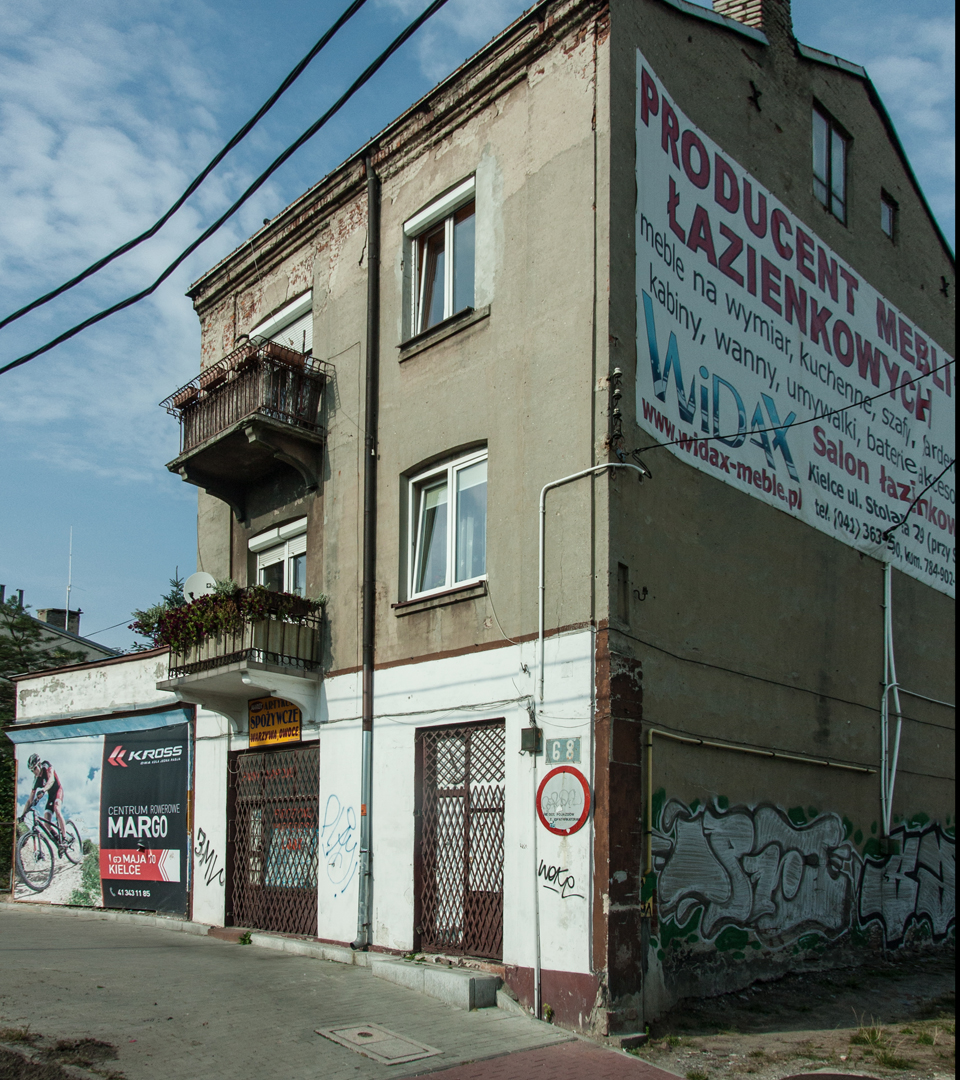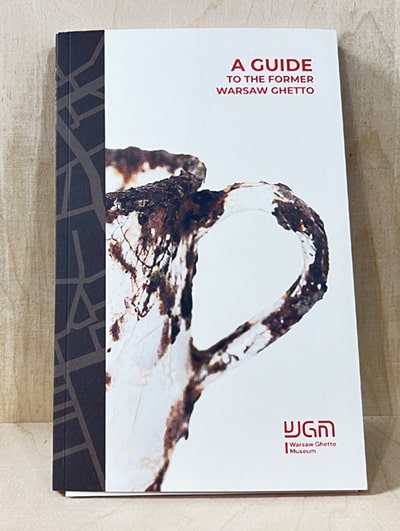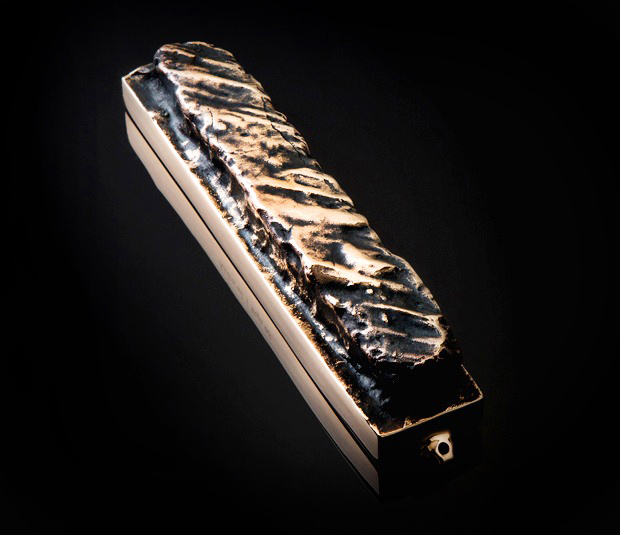
MEZUZAH
KIELCE
UL. 1 MAJA 68
$258.00
| Size | 7,48” long / 1,75” wide |
|---|---|
| Material | Bronze |
| SET & PRICE | The given price is the final product price for a set consisting: product and a dedicated to this product e-booklet. |
| TAX | According to the latest August 2025 US customs tariffs, our products are exempt from duties and taxes. In exceptional circumstances, a customs duty of $5 may apply (for large orders). |
| SHIPPING | Fare starts form 48$ to USA and to most countries outside EU. We ship by UPS. |
